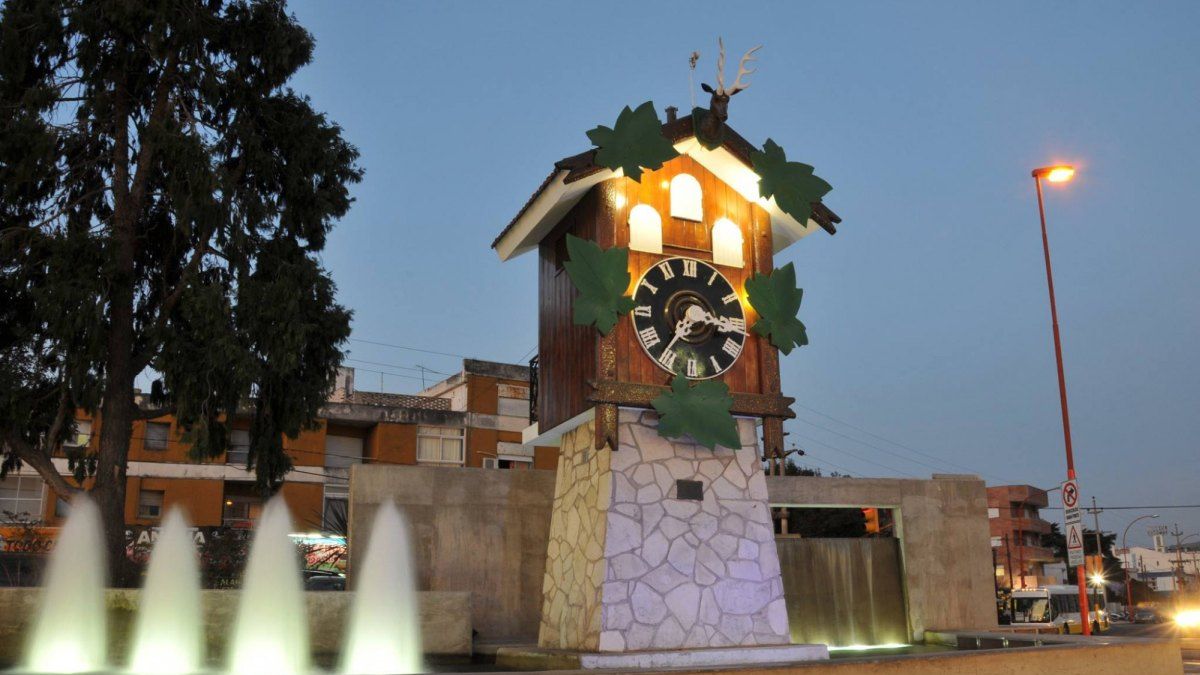Villa Carlos Paz will charge the medical attention to people who come to Gumersindo Sayago Municipal Hospital and are not residents of that Córdoba town, a measure promoted by the national government and that various districts have already begun to adopt.
The initiative was approved last week, during the last session of the city’s Council of Representatives, it began to be implemented in the middle of the summer season and includes a series of tariffs for tourists and residents of the surrounding towns, while it does not include local residents.
Specifically, the authorities of Villa Carlos Paz indicated that theThe measure responds to the increase in maintenance costs and the impossibility of meeting the demand for health services from the municipality.
They not only targeted the tourism sector but also patients arriving from neighboring towns, who are also included in the new regime.
How much will it cost for non-residents to receive care in Villa Carlos Paz?
In this way, the rates for medical services for non-residents in Carlos Paz were as follows:
- $5,000 for on-call consultation
- $8000 for the on-call consultation plus medication
- $10,000 per CT scan
- $5,000 for X-rays
- $5,000 per basic laboratory,
- $15,000 per complex laboratory,
- $20,000 for hospitalization in a cold bed for up to 6 hours
- $18,000 per hospitalization in a common room, per day
- $60,000 per ICU stay, per day.
At the beginning of December of last year, the presidential spokesperson, Manuel Adornireported that the Government would promote a “series of modifications in the immigration regime”, providing among other items the charging of medical services to non-resident foreigners.
“This will represent a source of financing for the universities. Just as an example, at the Faculty, 1 in every 3 medical students is, precisely, foreign,” Adorni explained in one of his usual press conferences.
Which provinces already charge for medical care for foreigners?
Some provinces had already anticipated this idea. Salta, for example, has charged non-resident foreigners for health services since the beginning of 2024. Days ago, the governor Gustavo Saenz He highlighted the impact of this measure and presented two new ambulances that the province acquired “with the savings” that the initiative allowed.
“Today we are seeing the results of a measure we took 10 months ago, to charge foreigners for care in public hospitals,” said the president.
Mendoza, Holy Cross and Jujuy There are other districts that advanced in the same direction. In this last province, last week the Legislature approved the official project to create the Provincial Health Insurance (SEPROSA) that will be mandatory to have care in the public hospitals of this province, except for those who do not exceed monthly income equivalent to two minimum wages. , vital and mobile, and do not have coverage from a social insurance or a prepaid one.
Embed – https://publish.twitter.com/oembed?url=https://x.com/GustavoSaenzOK/status/1869749634899271897&partner=&hide_thread=false
10 months ago we made a key decision: charging foreigners for health services. Thanks to this measure, we optimize resources and reinvest in what is most important: the health of the people of Salta.
We have already delivered the first ambulances purchased with this savings. In the next… pic.twitter.com/kmviGomVQ8
— Gustavo Sáenz (@GustavoSaenzOK) December 19, 2024
The decision generated questions from various sectors, considering that it seeks to burden the sector of society that does not have social work and which, at the same time, has income barely above poverty, the gap that “the chainsaw” that the Nation applied in the health programs produced in the provincial health system.
The initiative was presented on tables and was accompanied by the signature of 16 of the 30 members of the radical bloc, although it did not have the signature of the president of the Public Health commission, Omar Gutiérrez. “It deserves that together we can get a good law, there was talk of protecting the most vulnerable and this law attacks those sectors, especially those who are in the informal economy.
Furthermore, the provincial Constitution guarantees public health,” said Peronist legislator Martín Fellner in the session, who stressed that the project was not discussed in commissions and was entered with fair signatures, without consensus.
Source: Ambito




